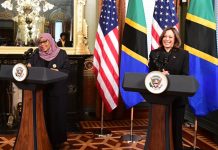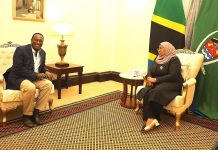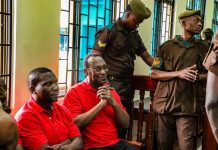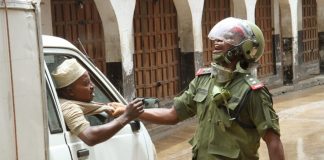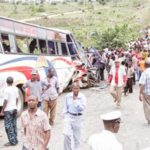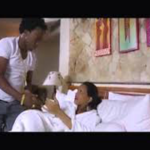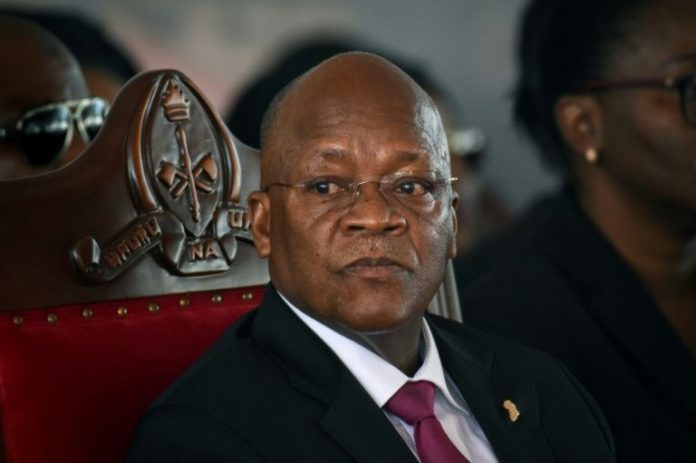
Tanzania has escalated a crackdown on political opponents by selectively applying the law to thwart their campaign efforts ahead of this month’s general election, Amnesty International said Monday.
In a new report, Amnesty said opposition parties were facing harassment, arbitrary arrest and intimidation from authorities ahead of nationwide voting on October 28, whereas the ruling party was allowed to campaign free and unhindered.
President John Magufuli, who critics say has embraced a brazen authoritarian streak while restricting political freedoms since being elected in 2015, is seeking a second term in office.
His main challenger is Tundu Lissu from the opposition Chadema party, who recently returned from three years in Belgium recovering from a 2017 assassination attempt in which he was shot 16 times.
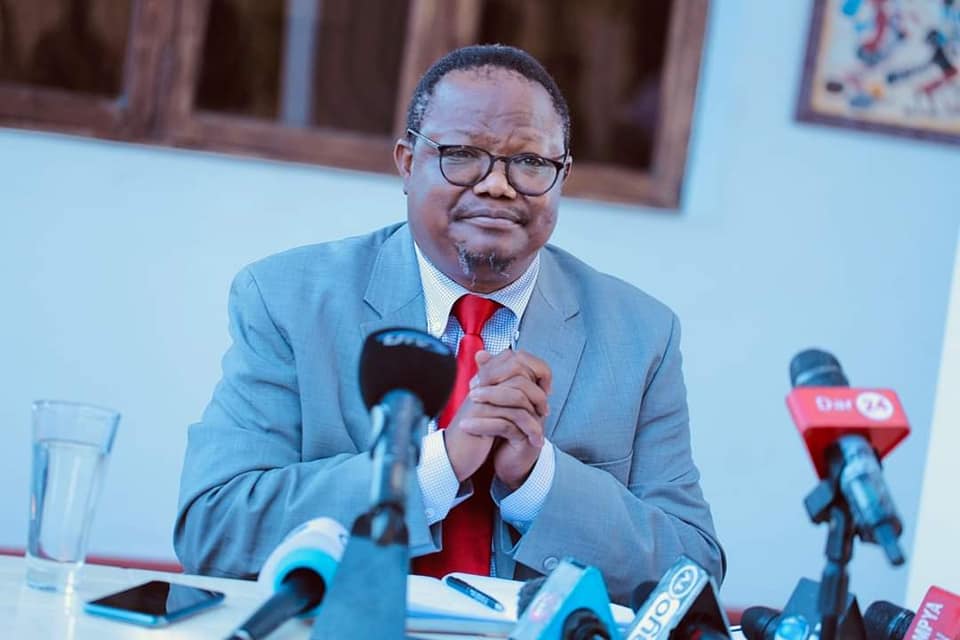
Amnesty said it was a “positive step” that Lissu was able to return from exile to run as a presidential candidate in Tanzania, a country once viewed as a beacon of stability in East Africa.
“However, in the lead-up to elections, opposition politicians continued to report physical attacks, including abductions and beatings, which have not been thoroughly, impartially and effectively investigated,” Amnesty said in its report.


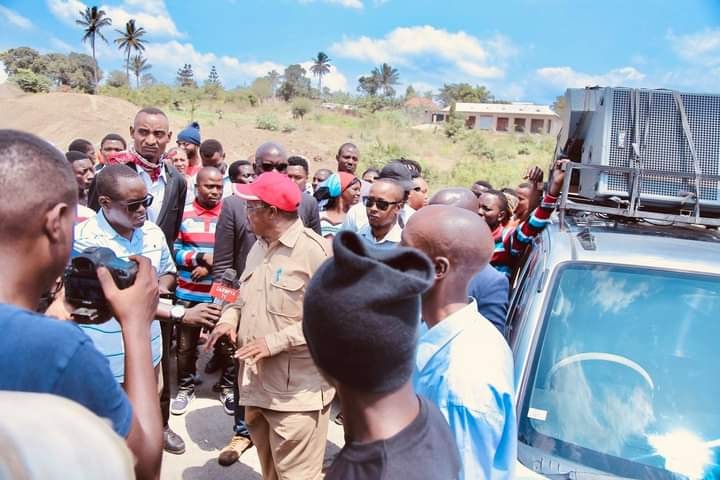
Tanzania’s election commission earlier this month suspended Lissu’s campaign for a week after accusing him of making “seditious” statements and violating election rules by spreading lies on the trail.
Amnesty said police had also “applied public assembly laws in a selective and partisan way” to deny opposition rallies and meetings, while giving carte blanche to the ruling CCM party for similar gatherings.
Authorities have also suspended media houses deemed critical using vague and repressive laws, Amnesty said, while requiring that foreign journalists wanting to cover the election be escorted by a government minder.
Tanzania’s campaign will play out amid uncertainty over how the country is faring in its fight against the coronavirus.
The government has not released figures on infections since late April.
Voters will also select new MPs and ward councilors when they go to the polls on October 28.
Source: AFP

